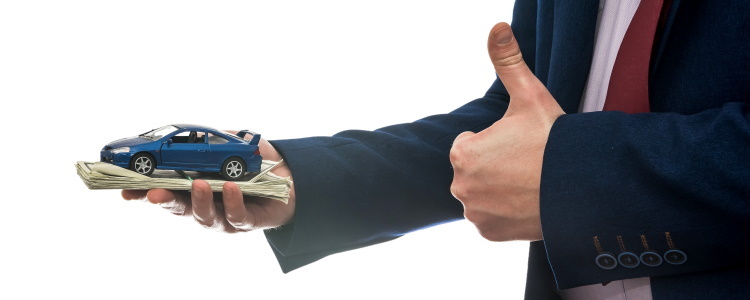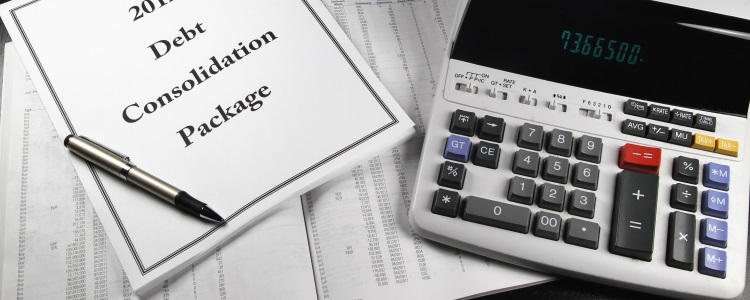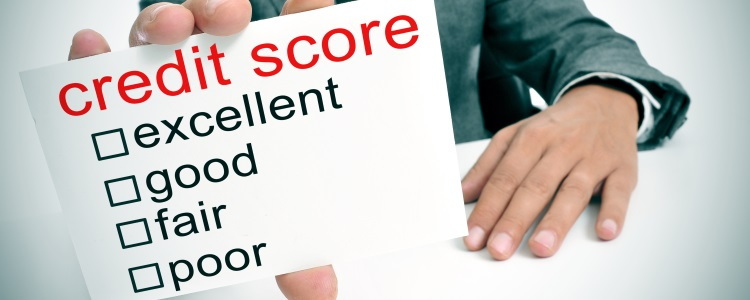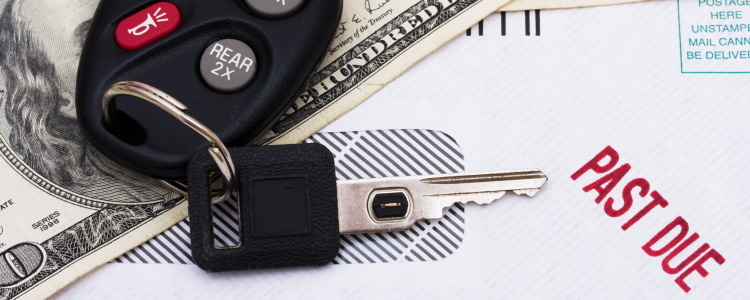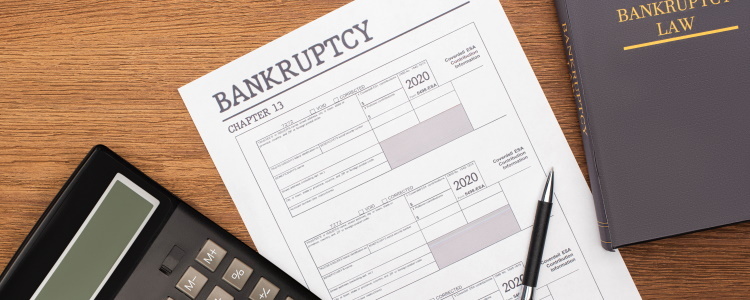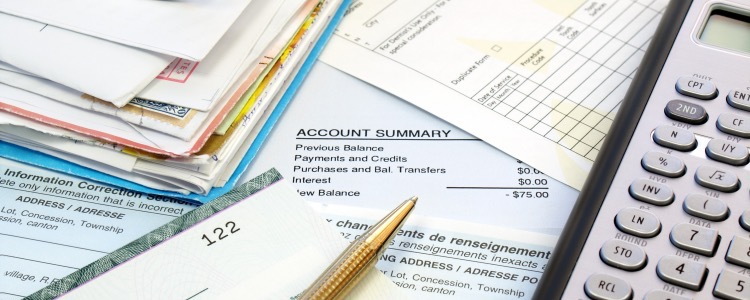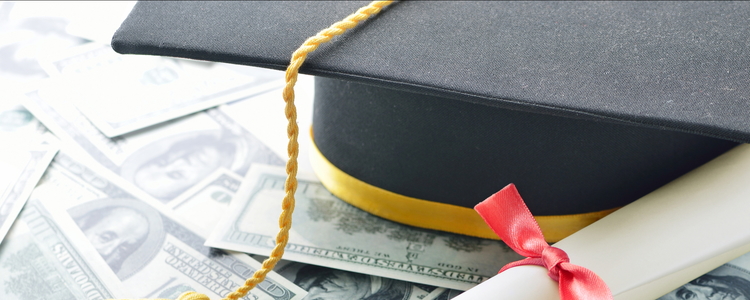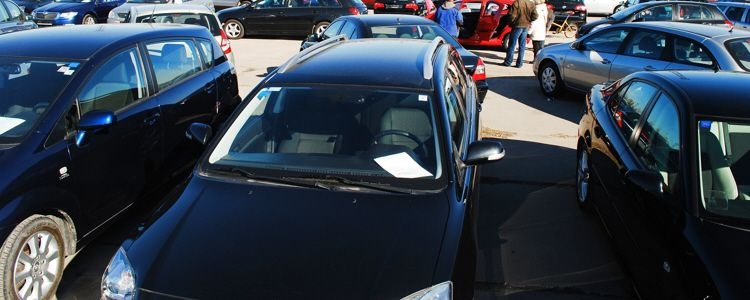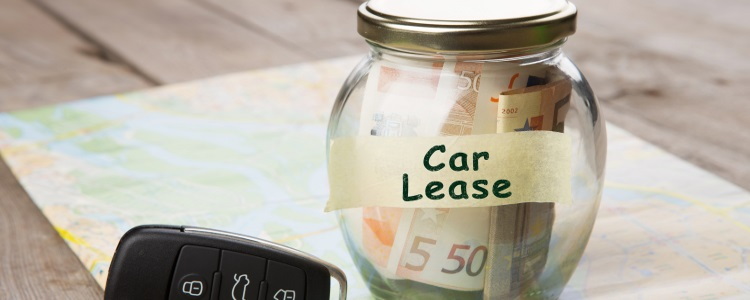You may have heard the terms “secured” and “unsecured” loans thrown around. Your auto loan is considered a secured loan, but what does that mean? When you buy a car, the most common loan type you see is a secured auto loan. But there is another type – an unsecured loan (such as a personal loan) – that can also be used to finance a vehicle.
Although not as common, an unsecured auto loan may be an option if you have excellent credit, but if you have bad credit, you more than likely won’t be able to qualify for one. You can buy a vehicle with a personal loan since they can usually be used for whatever you’d like. However, the interest rates with a personal loan aren't the best, and they vary quite a bit. If your credit score isn’t great, it may be a better idea to go with a regular auto loan.
Auto Loan Options: Secured vs. Unsecured
The biggest difference between a secured and unsecured auto loan is how the collateral (in this case, a car) is handled in the event you default. With a secured loan, if you default, the lender can repossess the vehicle. With an unsecured loan, your car isn’t at risk for repossession because there’s no collateral attached to the loan – approval is based strictly on your credit.

Both types of loans serve the same purpose – to finance a vehicle. But, an unsecured car loan isn’t for everyone, and most buyers end up taking out a secured loan. Let’s look at the pros and cons of both:
Secured Pros:
- Easier approvals
- Lower interest rates
Secured Cons:
- Can lose your vehicle if you default
- Credit is impacted if you default
Unsecured Pros:
- Car isn’t at risk if you default
- Fewer vehicle eligibility requirements
Unsecured Cons:
- Higher interest rates and your credit is impacted if you default
- Harder to get approval if your credit is poor
Secured Loan for a Car
A secured loan is generally the money you borrow to finance a large asset. Secured loans use collateral (the security pledged for the payment of a loan). Unsecured loans, such as credit cards, don’t use collateral (in this case, creditors only take your word you’ll repay the debt). A secured loan helps give lenders the confidence to loan you money. If a borrower doesn’t make their payments, the lender has the option to take possession of any assets used as collateral (your car, in the case of an auto loan).
The biggest benefits of a secured loan are the lower interest rates and longer repayment periods. Unlike unsecured loans, which are normally short-term, secured loans, such as auto loans or mortgages, can have a term as long as 72 or 84 months. Because the loan is secured with a vehicle or a home, the average interest rate of an auto loan or home loan is also typically lower than a credit card or even a personal loan.
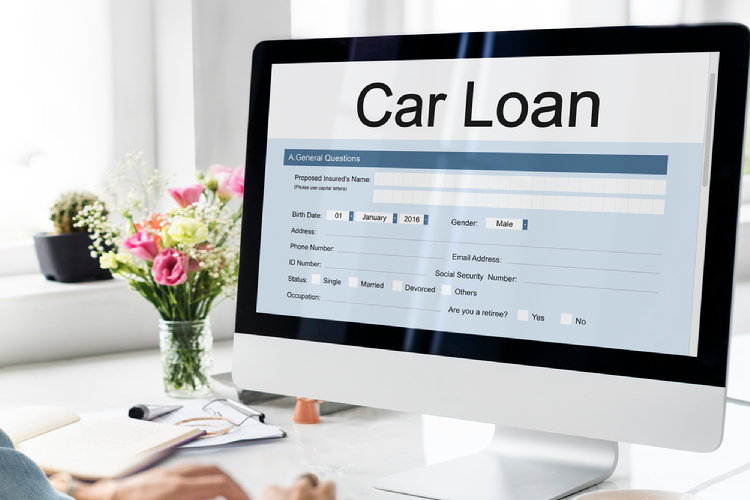
However, when you default on a secured loan you run the risk of losing your property. Repossession is the most common result of defaulting on a secured loan. Depending on the lender, it can only take one missed payment for repossession – especially if the loan is for a car. After a repo, you'll need to act quickly to make up any missed payments, because your car will be sold at an auction by the lender. If it sells for less than the amount owed, you'll be responsible for the difference, plus any repossession fees.
On average, auto loans are easier to get approved for because there are many types of lenders that work with all sorts of credit situations. Car loans are offered by many different types of lenders as well, such as direct lenders, third-party lenders, and the captive lenders of automakers.
Since there’s so much variety in auto lending, the rates and terms vary, too. A car loan’s interest rate can be anywhere from 0% to 20% (sometimes even higher). Auto loan terms vary as well, usually lasting anywhere from 36 to 84 months, depending on the price of the vehicle, the lender, and your personal situation. The better your credit score, the lower interest rates you can usually qualify for.
With a secured car loan, the vehicle is the collateral. This means if you default on the loan, the lender can hire a recovery company to repossess the car. A repo vehicle is usually sold at auction in an attempt to cover your remaining loan balance. This is very different from a personal loan since the car and the loan aren’t tied to each other.
While a car can be repossessed if you default on the loan, it also means that interest rates tend to be lower for auto loans than personal loans because the vehicle is collateral.
The biggest advantage of going for a car loan over a personal loan is that you’re likely to have a better chance of getting approved if your credit is worse for wear. There are many dealerships signed up with bad credit auto lenders all over the country. With a lower credit score, it can be difficult to find lenders that can assist you. However, subprime car loans from subprime lenders are reported to the major credit bureaus. If you qualify for subprime financing, you can improve your credit score with your on-time payments and get the vehicle you need.
Unsecured Loan for a Car
Personal loans are offered by direct lenders, such as those from credit unions, banks, or some online lenders. Some lenders offer loans anywhere from $1,000 to $100,000, with the terms usually dependent on the size of the loan and your creditworthiness. Your credit score is a major factor in determining your eligibility for these loans, as well as the terms you qualify for. Major financial institutions tend to have higher credit score requirements for loan approvals. With a poor credit score, it’s difficult to get approved for a personal loan. If you make the cut for a personal loan, you could use that amount to pay off your car loan, make repairs on the vehicle, or just make a sizable dent in your car loan balance. However, you can’t use a personal loan as a down payment on a vehicle. Almost every auto lender requires that the down payment amount isn’t borrowed money.
Typically, the interest rate for a personal loan can be anywhere from 5% to 36%. The length of these loans varies, too, generally lasting between one to five years (or 12 to 60 months). While some personal loans can be as long as 60 months, most only last for a couple of years. If you buy a car with a personal loan, it could mean high monthly payments that can be hard to manage.
The main reason personal loans have higher interest rates is because they aren’t secured by anything, unlike an auto loan that's secured by the vehicle you purchase. However, this also means that there isn’t a lien on your car if you buy it with a personal loan. If you need to sell it before you paid off the loan, you can. But, even if you don’t have the vehicle anymore, you still have to pay off the loan eventually.
A big advantage of using a personal loan for a car is that there typically isn’t a down payment requirement. Many auto lenders require borrowers to provide a down payment – it’s been shown that borrowers that put down cash have a higher chance of completing the loan. Having a down payment is often referred to as having “skin in the game,” and it tells lenders that you’re willing to lay down your own cash.
Because there isn’t a down payment requirement, having a down payment doesn’t really improve your chances of getting approved for a personal loan – it’s mainly your credit score that direct lenders are concerned with. With car loans, having cash to put down can increase approval odds because you’re invested in the vehicle.
It may make sense to use a personal loan to pay off your car if the personal loan’s interest rate is less than your auto loan. Some car loans can come with interest rates in the double digits, especially if you had poor credit when you got the vehicle.

When a Personal Loan Makes Sense for Your Car
While personal loans may come with higher interest rates, there are a few situations where it makes sense to use one to pay off your car.
- To save money on auto insurance – When you’re financing a vehicle, you’re required to carry full coverage auto insurance. If the bill is too much to handle, paying off your car with a personal loan could mean a drop in the cost of your auto insurance to the basic coverage that meets your state’s minimums.
- To save money on interest charges – If your car loan has a high interest rate, but you qualify for a personal loan with a lower one, it could save you money.
- When you don’t qualify for refinancing – Refinancing replaces your current auto loan contract with another one. Most borrowers do this to get a lower monthly payment, but there can be a lot of requirements to make this happen. If you can’t refinance, but you want a more manageable monthly payment, a personal loan could be the answer if you can nail down a smaller payment.
- You’re deep in negative equity – Negative equity can cause problems for borrowers when they're financing a vehicle and need to get out of it. A car that’s underwater (when you owe more on the car than it’s worth), is tough to sell. You must remove the lien from your vehicle’s title before you can transfer ownership, which means paying off the loan. If you want to sell your car but negative equity is making it tough, getting a personal loan to pay off all or some of that negative equity could help.
Where to Get No Collateral Auto Loans
You can get a no-collateral auto loan from many traditional lenders. These lenders run a credit check to determine the interest rate and whether or not you qualify for one. Keep in mind that qualifying for an unsecured loan can be very difficult – lenders offer these loans only to car buyers with the best credit. If you’re denied an unsecured loan but still need or want to finance a vehicle, you should consider applying for a secured car loan.
While an unsecured loan may sound attractive, you may end up saving more money in the long run with a secured auto loan. Think of it this way: even if your interest rate isn’t ideal, you can choose to refinance down the road and get a better rate once your credit improves.
Get Matched to a Local Dealership
It’s important to understand the difference between a secured loan and an unsecured loan. Your auto loan choice is just as important as the type of car you pick. If you’ve been stressing over auto loans because your credit isn’t perfect, Auto Credit Express wants to help. Not everyone can qualify for a personal loan. A poor credit score could be reason enough for a denial.
We’ve been helping borrowers find dealerships that have access to bad credit lenders. Don’t let bad credit get in the way of the vehicle you need, and fill out our free auto loan request form. We’ll look for a dealer in your area that can assist with poor credit. There’s never an obligation, and it’s completely free and secure. Get started now!
